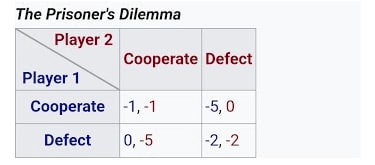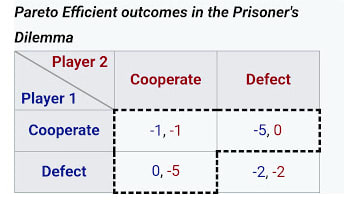Who does the artwork for LessWrong?
The art on the LessWrong site and books is amazing. The consistent theme across everything is beautiful! hm... I just checked the physical book and it credits Midjourney. But I feel there must have been some serious prompt crafting/human artistry behind this? Is there some human that deserves credit for this?


@Duncan Sabien (Inactive): given the updated totals @habryka mentioned does this increase your sense of LessWrong being a great place for co-thinking?
(Current totals are 42/39 and 16/11.)